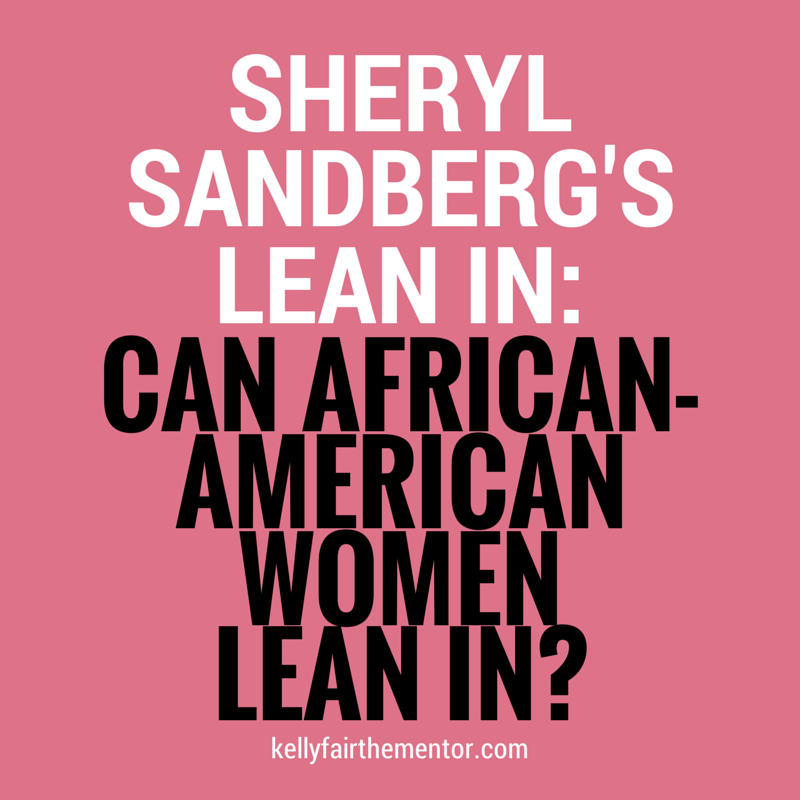Sheryl Sandberg, the current Chief Operations Officer (COO) of Facebook, inspired many women with her book Lean In: Women, Work, and the Will to Lead. She has three main tips for women to not only succeed in the workplace, but breakthrough societal barriers of sexism:
- Sit at the table
- Make your partner a real partner
- Don’t leave before you leave
Listen to her Lean In Ted Talk to learn more about these three tips and her path to success!
While women (and men) are agreeing with Sheryl Sandberg, African-American women are questioning whether “leaning in” is enough for success. According to Natasha Robinson from Urban Faith, Sheryl Sandberg, while admonishing the systems of sexism that are holding women back, remains silent on barriers of race. This has caused her to question whether Sandberg recognizes her own white privilege. While this does not eliminate or diminish the successes of Sandberg, it does mean that opportunities had been present in her life that most likely would not have been for a woman of color.
In this article, Natasha Robinson interviews Dr. Livers, the Senior Design Faculty of the global Center of Creative Leadership in Greensboro, North Carolina. Dr. Livers states, “She wrote a book for professional women and she wrote from the perspective of a privileged white woman. However, just because her perspective is somewhat limited, does not mean that others who do not share her privilege cannot benefit from reading her book.”
In an excerpt from Sheryl Sandberg’s new book, Lean In: For Graduates, Ariel Investments President Mellody Hobson, an African American woman, shares how black women are prepared for life long discrimination in their professional lives. In the excerpt, Melody states, “All women struggle, but women of color must overcome ‘double jeopardy’, the one-two punch of sexism and racism. The achievement gap between women and men is even larger in the African-American and Latino communities than it is in the White community.”
As a mentoring professional, I’m driven to determine how do I adapt the Lean In discussion for the young African American I serve in communities, schools, and college campuses across the country.What are your thoughts on Lean In? How can we adapt the Lean In discussion for African-American women of all ages?

